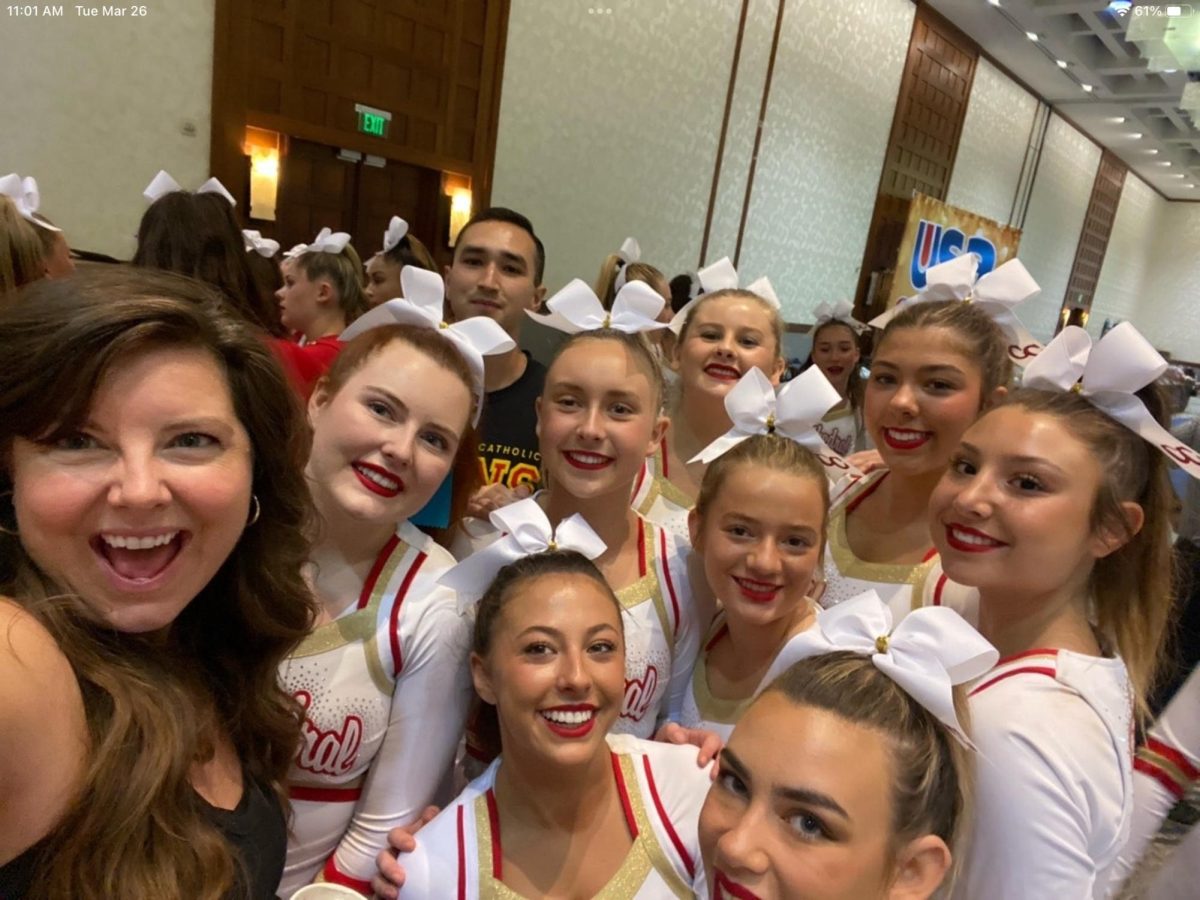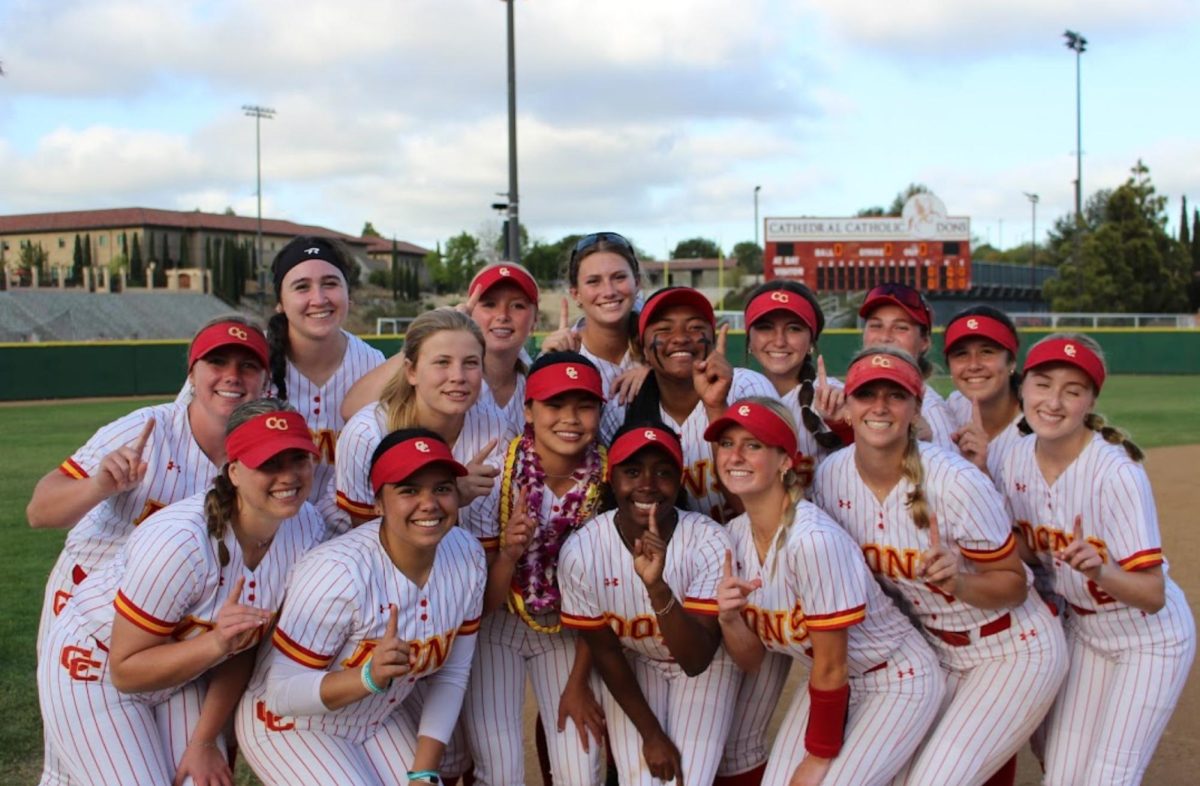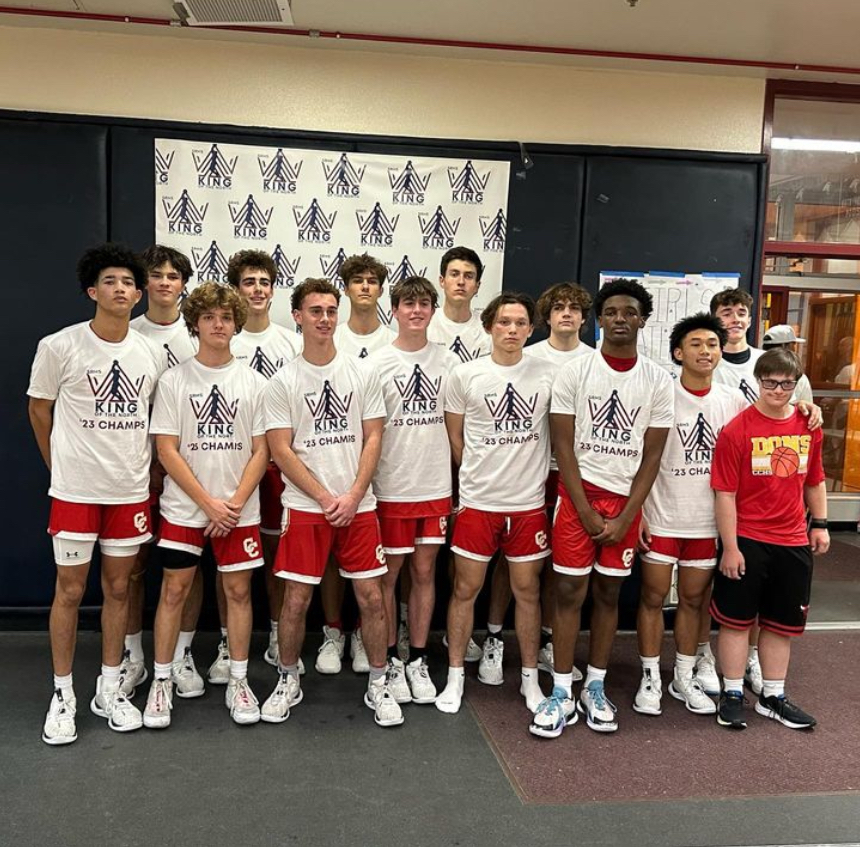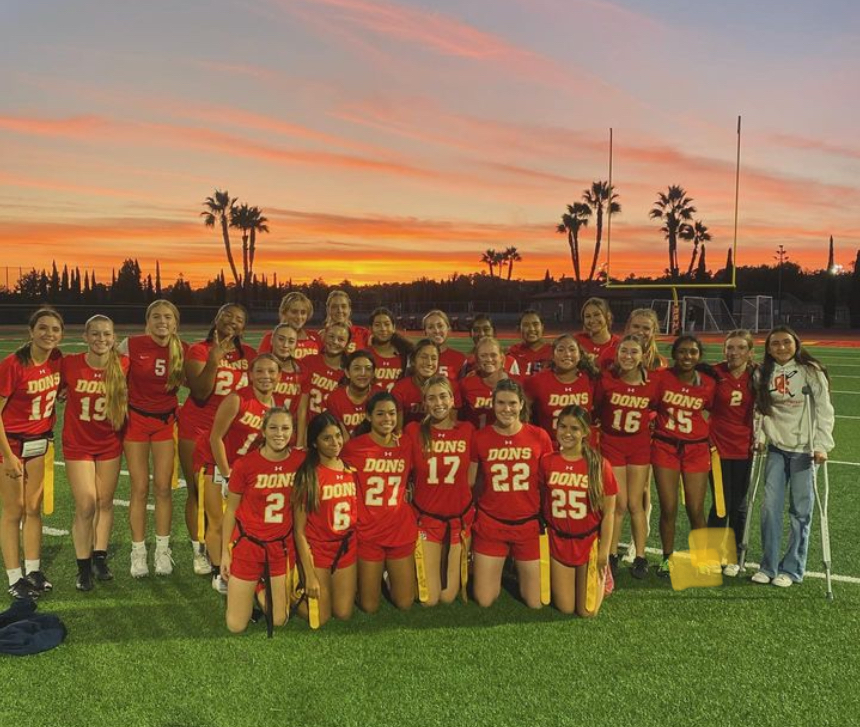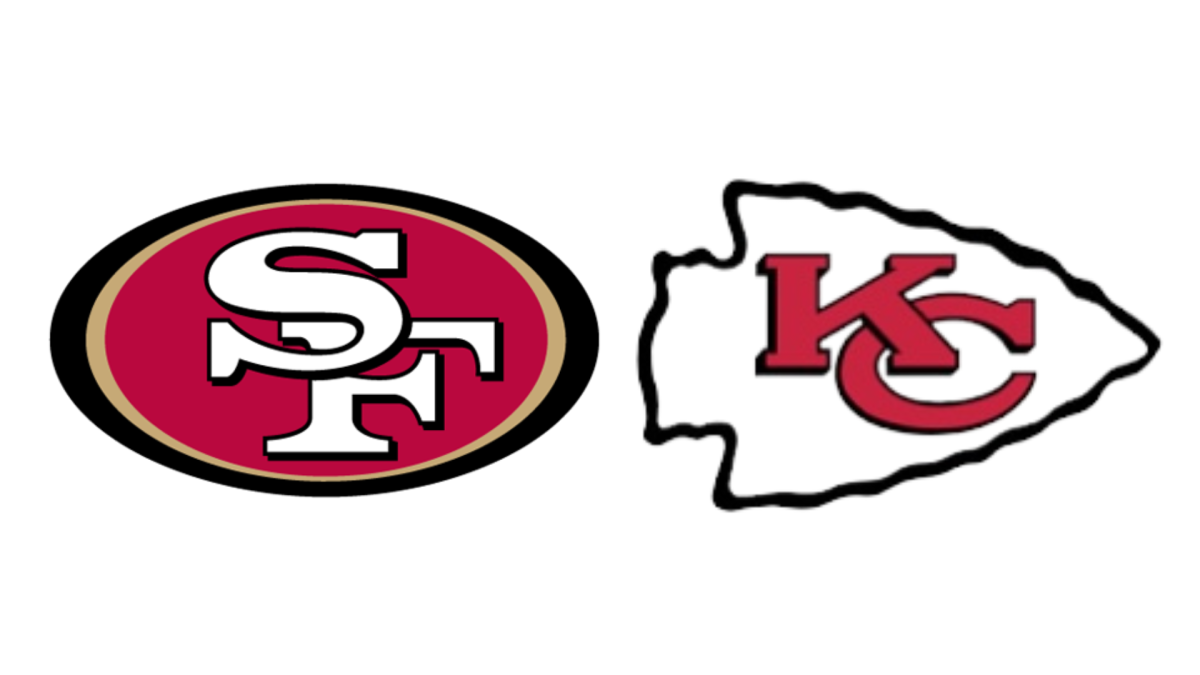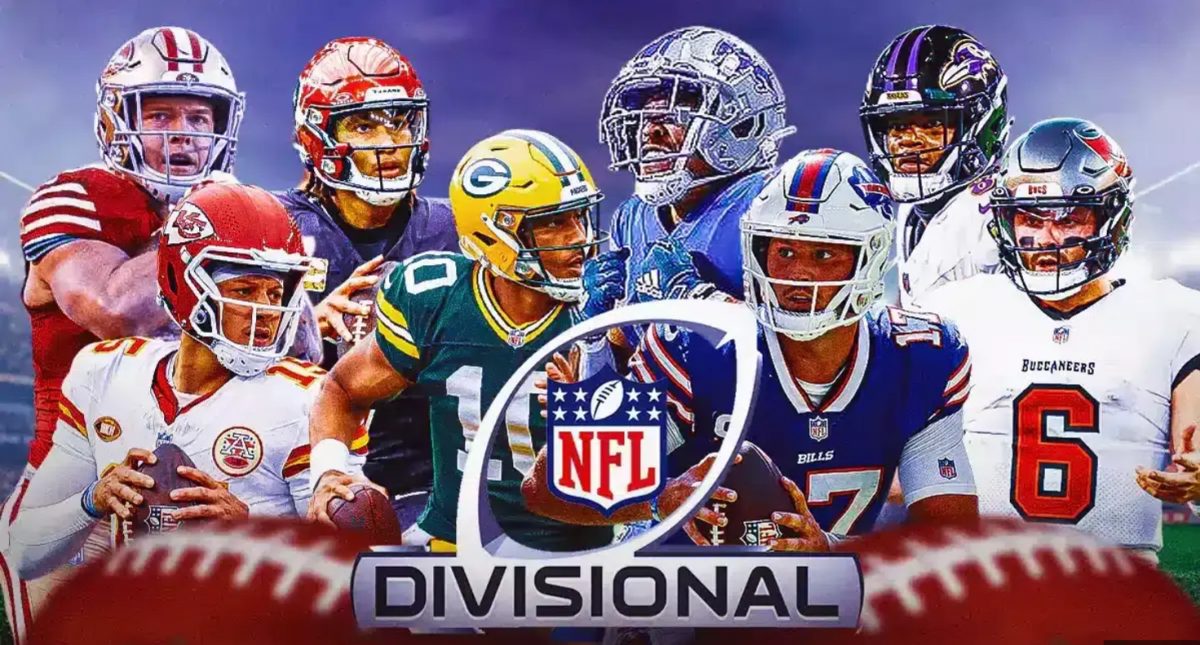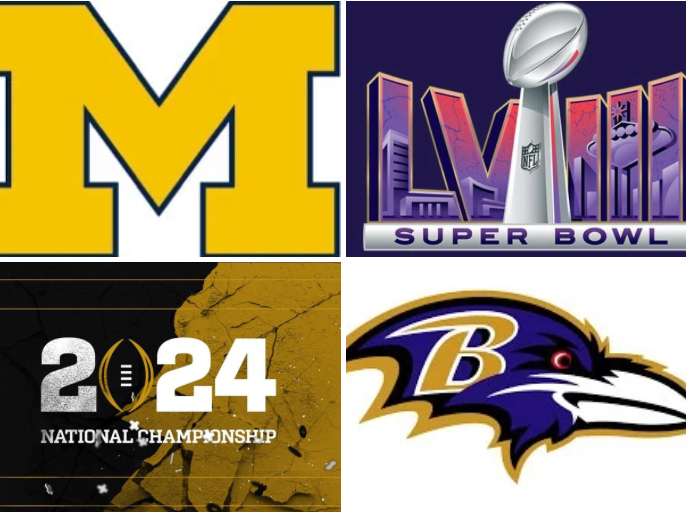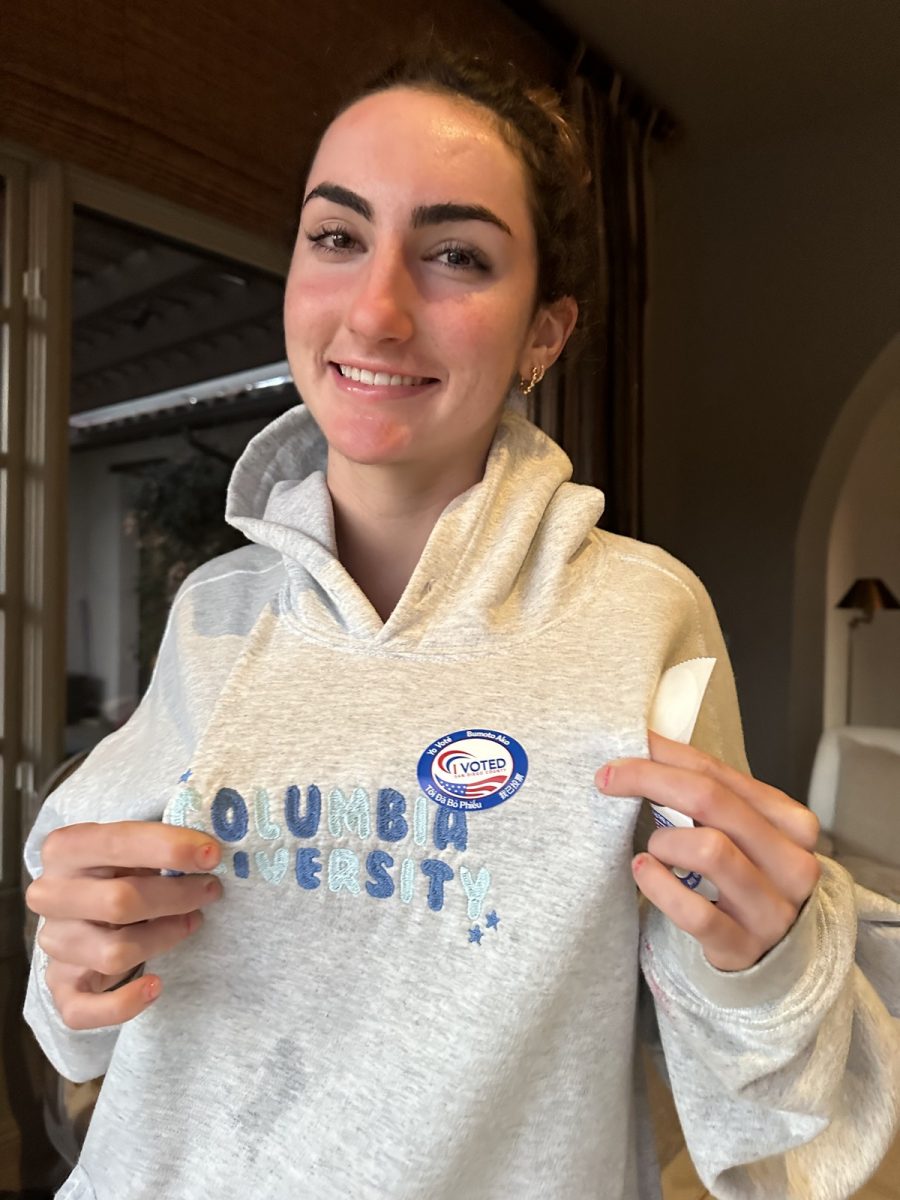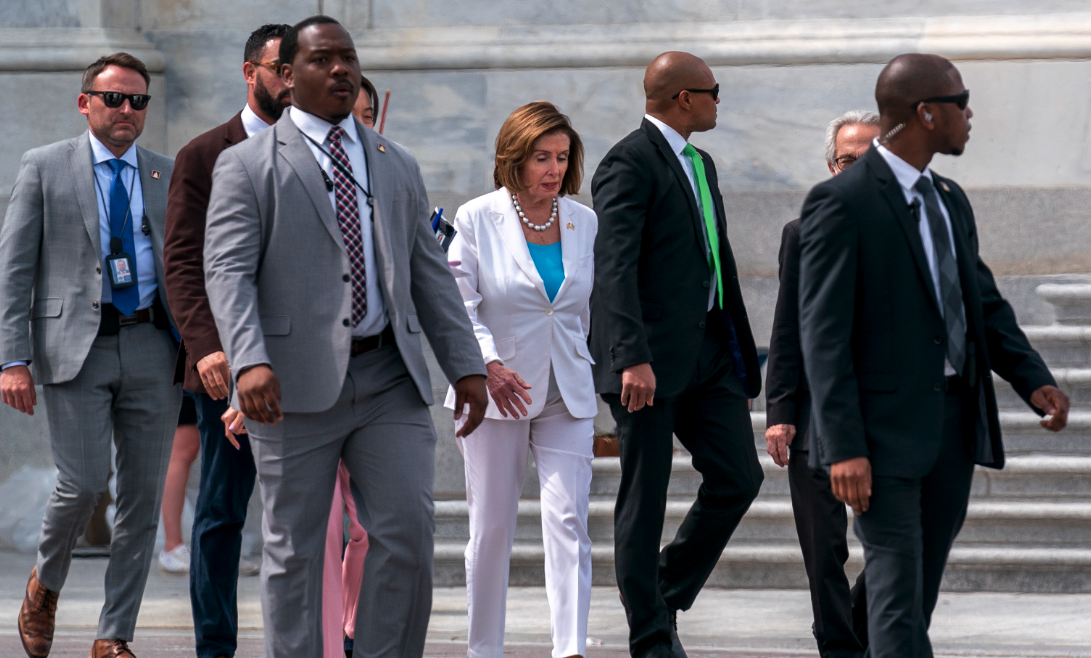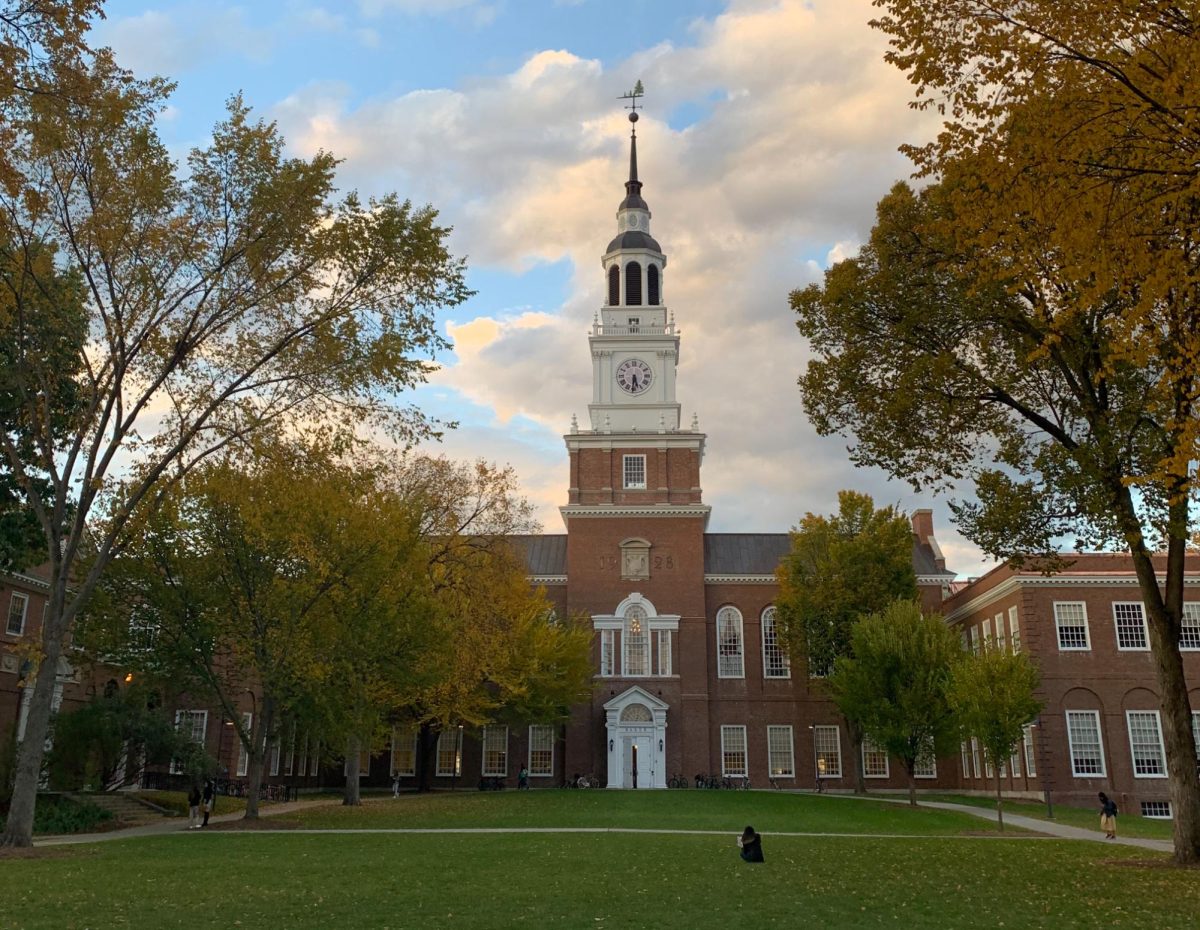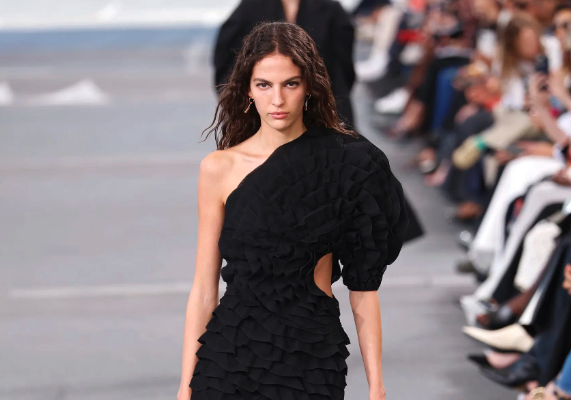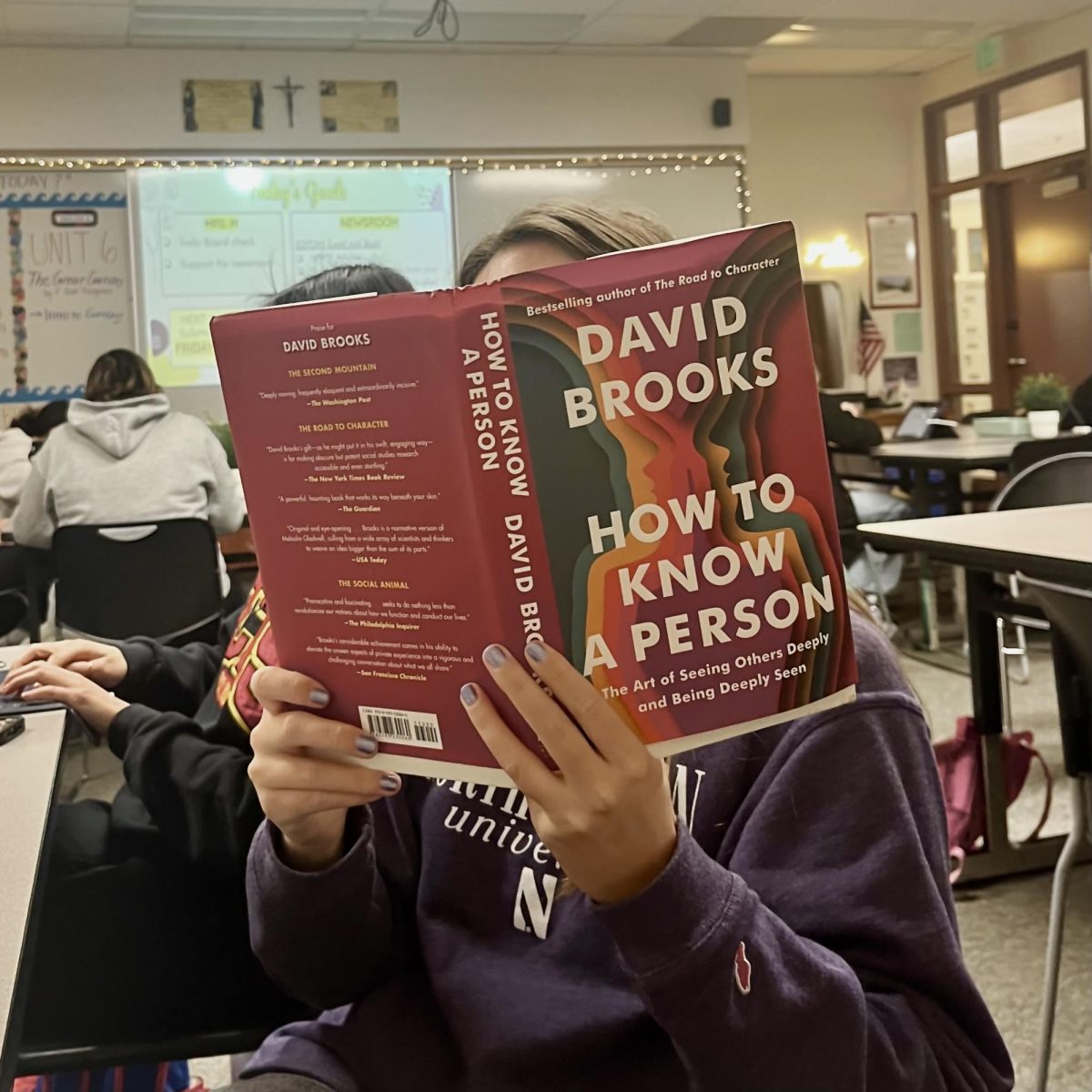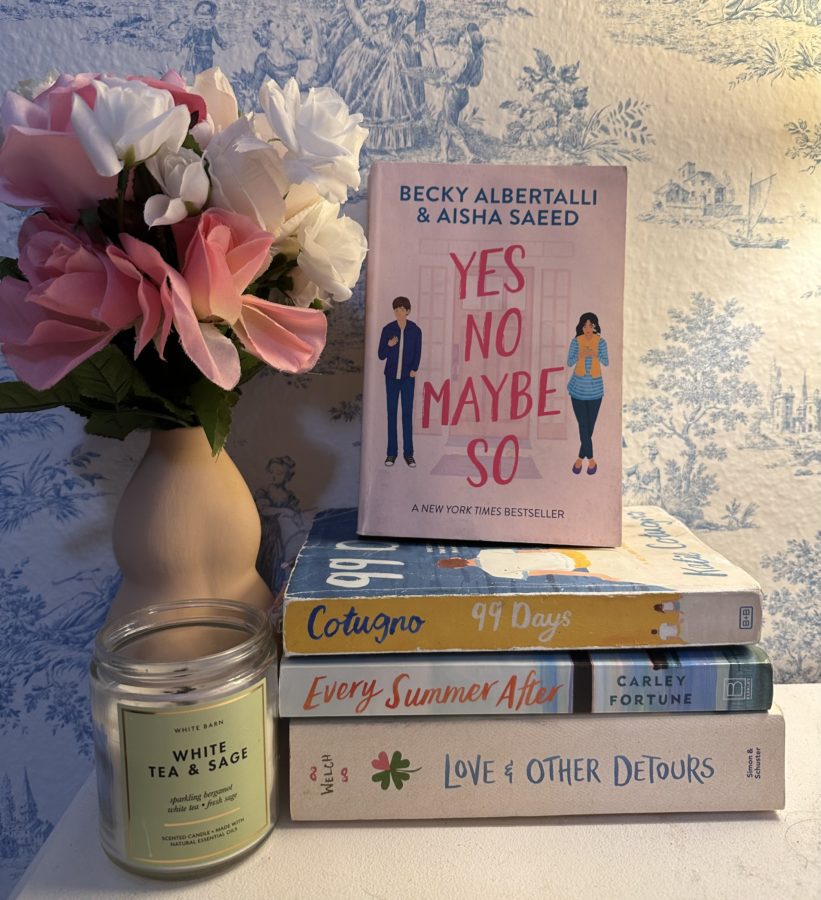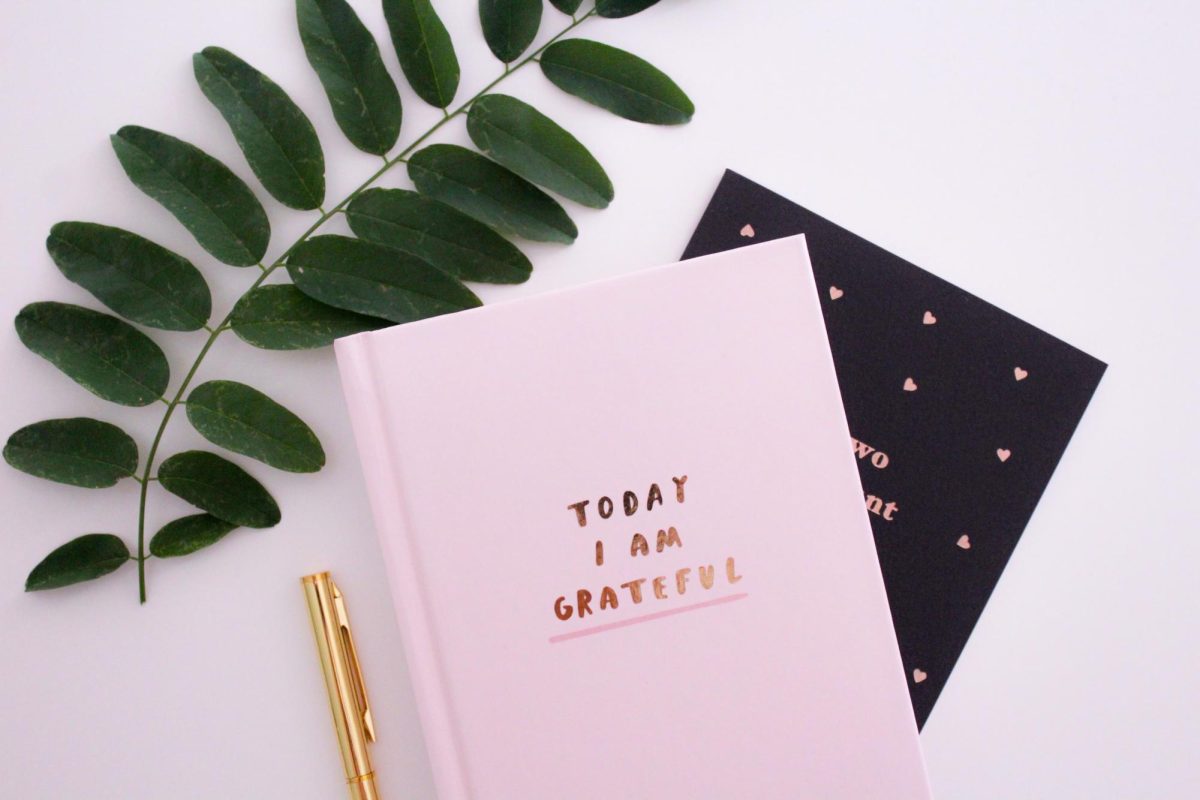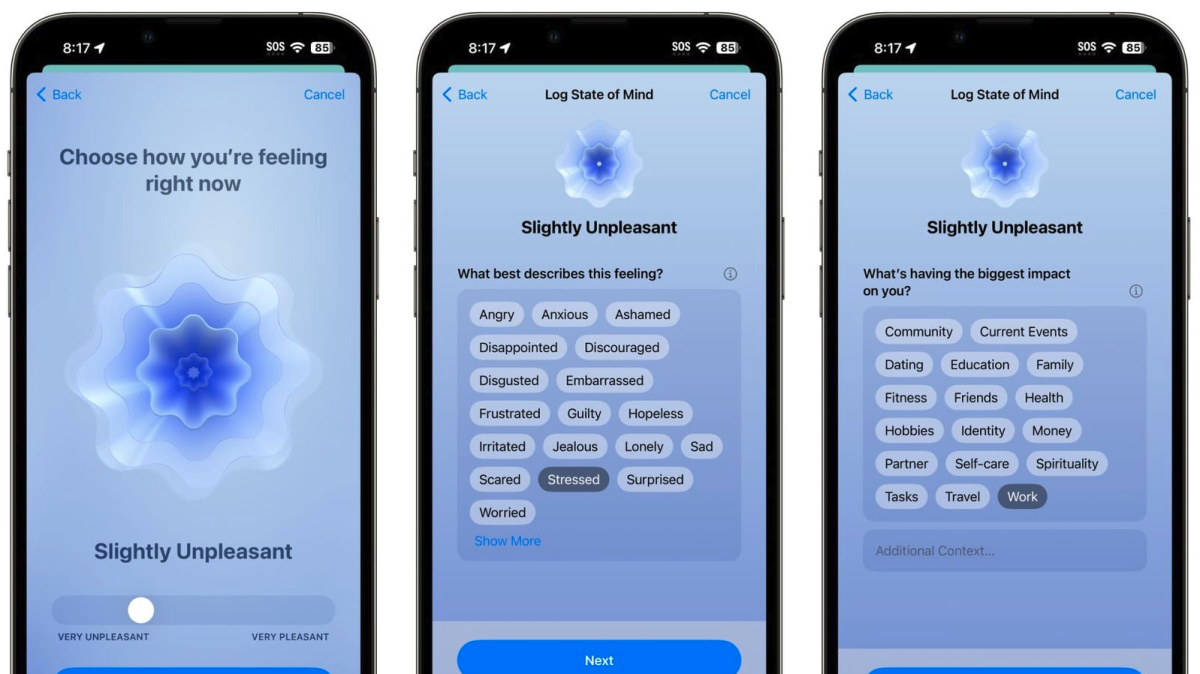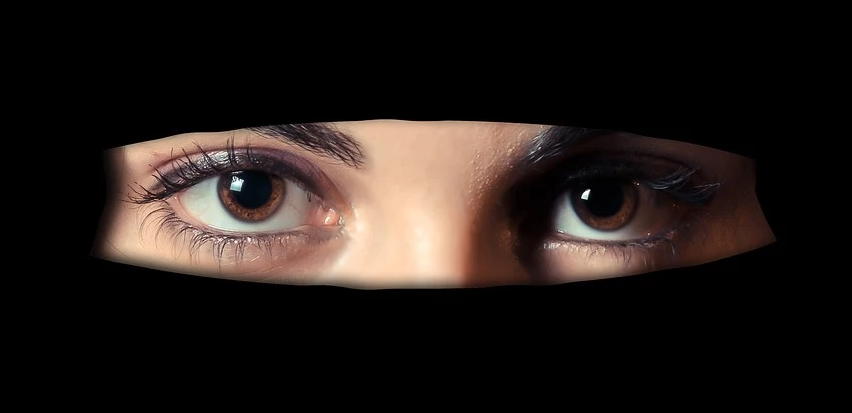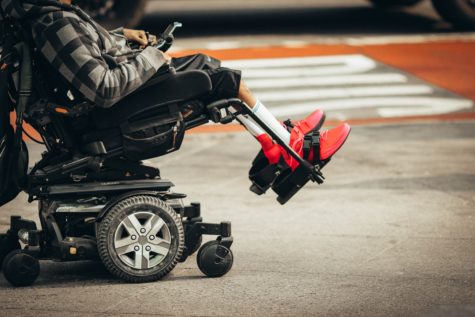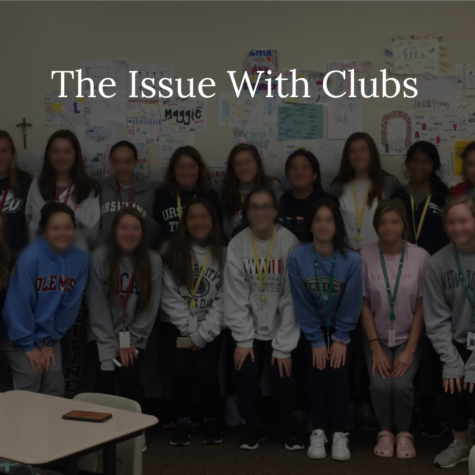To cover or not to cover?
Swathed in dark robes, a woman intensely stares at those people who question her right to wear her niqab. Her hazel eyes tell of her life struggle of judgement and discrimination.
April 27, 2017
Proudly wearing her hijab to work daily, French citizen Asma Bougnaoui was surprised recently when she discovered a client had complained to her supervisor about her wearing a material to protect her modesty. Standing up for her right to protect such religious modesty, Bougnaoui was fired from her job as an engineer at Micropole.
“Muslim women have been prohibited from wearing their head coverings in a number of contexts,” an article by American Civil Liberties Union said. “They have been harassed, fired from jobs, denied access to public places, and otherwise discriminated against because they wear a hijab.”
Cases just like Bougnaoui’s have popped up around Europe recently, causing an uproar regarding the rights of Muslim women to wear headscarves, especially in the workplace. While many companies do not have official policies that ban headscarfs, they have found legal ways to strip Muslim women of their right to modesty and dignity.
Another case involves Muslim woman and Belgian citizen Samira Achbita, who was banned from wearing a headscarf to work after her company adopted a policy prohibiting displays of religion.
Such cases “…highlight two often contradictory liberties: the freedom of religion and freedom of enterprise,” Washington Post reporter James McAuley said in a recent article.
While these cases affect European countries, America holds the debate of whether or not to allow the display of a religious headscarf. If America were to choose the path of banning head coverings, the policy would represent a direct assault to protections afforded to U.S. citizens by the First Amendment, which protects freedom of religion, speech, press, and peaceable assemblage.
As such, I believe any attempted hijab ban is not only unconstitutional, but a major human rights violation.
“The danger now is that companies will try to exclude Muslim and other religious minority workers who wear signs of their faith by imposing a seemingly neutral policy,” The New York Times Editorial Board opined recently.
However, these policies are not just to strip Muslim rights.
Such policies also affect Christians and Jewish people who might wear headscarves or other head and body coverings for modesty sake. While these religions do not wear such head coverings as frequently as Muslims, they will nonetheless be affected.
While much debate swirls around the discrimination of religious headscarf bans, the athletic company Nike made headlines recently when it introduced athletic headscarves. These comfortable, yet stylish head coverings grant the inclusion of Muslims and other religious faiths in athletic participation.
Nike only released a hijab style headscarf even though there are other head coverings such as the chador, which is a long dress with only the face exposed, an abaya, which is similar to a chador but has decoration, a niqab, which fully covers the body except the eyes, and a burqa, which fully covers the wearer.
Many smaller companies have followed in Nike’s footsteps. Now, it is only a matter of time before other clothing companies include these traditional Muslim coverings in an everyday clothing selection.
While including other styles sounds like a great idea to bring an end to discrimination, many observers harbor concerns about these modest coverings.
“The hijab represents religious oppression that should not be allowed in any part of the world,” a user on debate.org said in a recent post. “If it is not banned, governments are condoning oppression. The hijab should be completely eradicated for the sake of those who are oppressed in the name of their religion.”
While oppression is a valid argument, it is not people’s only concern.
“The problem with wearing an object that obscures the face is the danger of robberies and violence committed by people who would escape because of their anonymity,” another debate.org user said.
Such opposing arguments make plenty of sense when one thinks about it, but do people ask how Muslim women feel in this controversy concerning hijabs?
While opposers to hijabs often make rash conclusions when expressing their views, Muslim women are just as quick to clarify why they wear hijabs and why they love expressing themselves in such a way.
“Personally, I love wearing the hijab,” a Muslim who was interviewed by The Telegraph said. “Nobody could pay me enough to take it off. It honestly liberates me because I get to choose how much of myself I reveal to the public. It’s awesome. I have drawers full of a variety of vibrant colours and prints. I match them with my outfits and wear a different style every day.
“It’s kind of like a beautiful, religious fashion statement.”
For these reasons, I encourage Americans to hold fast to their constitutional rights and beliefs in religious freedom for all members of our great democracy.
